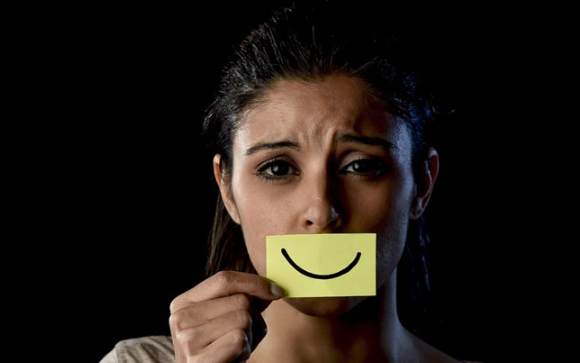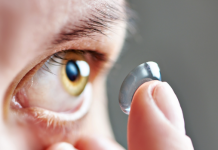We’ll discuss what to look for and how to spot the first indications of depression today. Millions of individuals all around the globe suffer from depression, a serious mental illness. Although it’s not always easy to see, there are warning signals you should keep an eye out for. If you’re experiencing any of these symptoms, it’s important to get care before they become worse. So, without further ado, let’s dig in and talk about the first indicators of depression.
Mood Swings
Mood swings are an early indicator of depression. Sadness, emptiness, or a lack of hope may overcome you for no apparent cause. You can also find yourself becoming agitated easily and for nothing. Sustained feelings of sadness or extreme variations in your mood might be indicators of depression.
Loss of Interest
Loss of interest in once pleasurable pursuits is another symptom of depression. It’s possible that you’ll lose interest in things you formerly enjoyed, like as hobbies and spending time with loved ones. In addition, you may find it difficult to focus or maintain motivation in your daily activities, such as work or school.
Changes in Sleep
Depression might have a wide-ranging impact on how you sleep. It’s possible that you’re either getting too much or too little sleep. Even if you’re physically and mentally fatigued, you may have trouble falling asleep or staying asleep. Mood swings, lethargy, and irritability are just some of the side effects of a disturbed sleep schedule.
Changes in Appetite
Anorexia and bulimia are two of the eating disorders that have been linked to depression. Sugary or high-fat food cravings are possible, as can unintended weight loss.
Other Signs and Symptoms
Headaches, stomachaches, and muscular discomfort are only some of the physical manifestations of depression. Alterations to your libido or inability to act sexually are other possible side effects.
Tips for Dealing with Depression
You should get treatment and support if you’re suffering any of these symptoms of depression. Reach out to someone you trust, whether that’s a friend, family member, or mental health professional. Depression may be effectively treated with talk therapy, medication, and behavioral modifications.
In conclusion, if you’re feeling down, it’s important to know the indications so you can get some treatment before things become worse. Depression may manifest itself in a variety of ways, including a shift in mood, lack of interest, difficulties sleeping or eating, and even physical symptoms. If you’re concerned about your emotional or mental health, don’t be afraid to ask for assistance.










